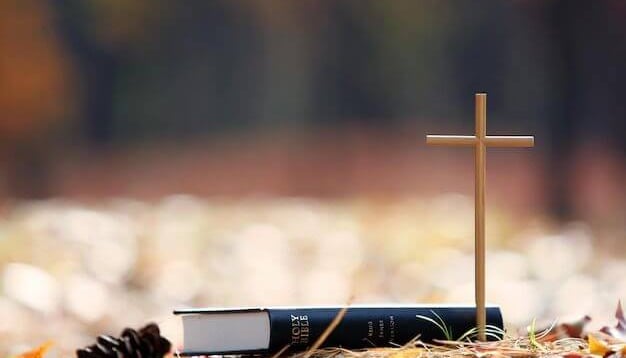What to Do When Your Kindness Is Misplaced
Learn how to navigate misplaced kindness with wisdom and forgiveness. Discover biblical insights and practical tips for staying kind without getting burned.


Introduction: When Good Intentions Go Wrong
Alright, so we've all been there, right? You try to do a good deed, lend a helping hand, be a decent human being, and then... BAM! You get burned. You realize your kindness was misplaced, maybe even taken advantage of. It's a sucky feeling, no doubt about it. But what do you do when your good intentions go wrong? Let's talk about it.
Setting Boundaries: Protecting Your Heart
One of the biggest lessons I've learned is that it's okay to set boundaries. Being kind doesn't mean being a doormat. As Proverbs 4:23 says, "Keep thy heart with all diligence; for out of it are the issues of life." You gotta protect your heart, your energy, your well-being. It's not selfish; it's self-preservation.
Discernment: Knowing When to Say "No"
Sometimes, kindness means saying "no." It's about discerning when your help is actually helping, and when it's enabling someone to stay stuck. Jesus himself knew when to walk away. As Matthew 7:6 warns, "Give not that which is holy unto the dogs, neither cast ye your pearls before swine, lest they trample them under their feet, and turn again and rend you." It's not about being judgmental; it's about being wise.
Forgiveness: Letting Go of Resentment
When your kindness is misplaced, it's easy to get bitter, to hold onto resentment. But that only hurts you. Forgiveness is key, not just for the other person, but for yourself. As Ephesians 4:32 encourages, "And be ye kind one to another, tenderhearted, forgiving one another, even as God for Christ's sake hath forgiven you." Forgiveness doesn't mean forgetting or condoning; it means releasing the hold that bitterness has on your heart.


Source: Google Image
Learning from Experience: Growing Wiser
Every experience, even the painful ones, can teach us something. It's about learning from our mistakes, growing wiser, and becoming more discerning. As James 1:5 advises, "If any of you lack wisdom, let him ask of God, that giveth to all men liberally, and upbraideth not; and it shall be given him." Don't let a bad experience turn you cold; let it make you wiser.
Continuing to Be Kind: Don't Let the Bad Guys Win
Even after you've been burned, don't let it stop you from being kind. The world needs more kindness, not less. As Galatians 6:9 reminds us, "And let us not be weary in well doing: for in due season we shall reap, if we faint not." Just be smarter about it. Be kind, but be wise.
Finding Daily Guidance and Strength
Speaking of wisdom, sometimes we need a little extra help staying grounded. That's where having daily access to scripture and prayer comes in handy. If you're looking for a convenient way to keep your faith close, check out this Free Bible App. It's got everything from daily verses and prayers to audio Bibles and reading plans. It's like having a little dose of wisdom right in your pocket.
Conclusion: Finding Balance
It's a balancing act, this whole kindness thing. It's about being generous, but not naive. It's about being compassionate, but not a pushover. It's about finding that sweet spot where you can be kind without compromising your own well-being. And trust me, it's a journey, not a destination.
Frequently asked questions
What does it mean when kindness is "misplaced"?
It means your good intentions or acts of kindness are taken advantage of, unappreciated, or lead to negative consequences for you.
How can I protect myself from misplaced kindness?
By setting healthy boundaries, learning to discern when to say "no," and protecting your emotional well-being.
How can I learn from experiences where my kindness was misplaced?
By reflecting on the situation, identifying lessons learned, and growing wiser in your discernment and boundaries.
Why is forgiveness important when kindness is misplaced?
Forgiveness helps release resentment and bitterness, allowing you to heal and move forward without carrying emotional burdens.
What is the "balance" the article refers to in regards to kindness?
It's finding the middle ground between being generous and compassionate, while also protecting your own well-being and avoiding being taken advantage of.
Does being burned mean I should stop being kind?
No, the article suggests continuing to be kind but with more wisdom and discernment, not letting negative experiences prevent future good deeds.
